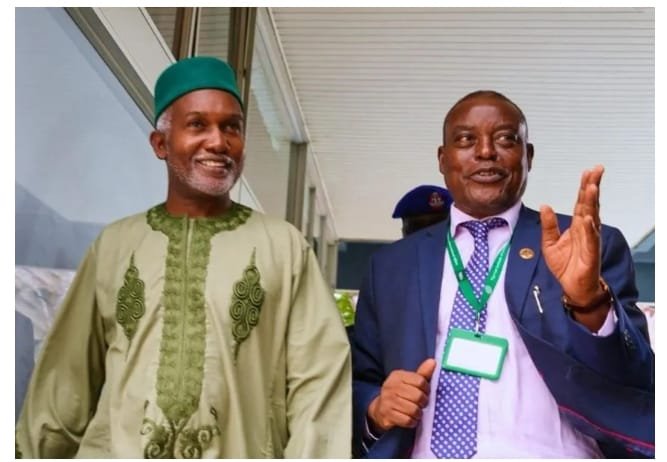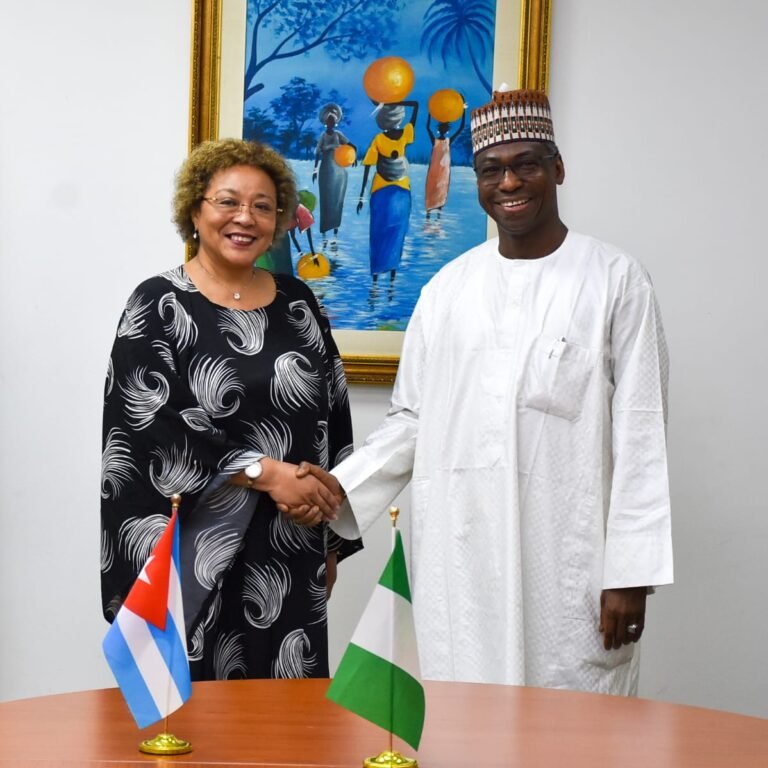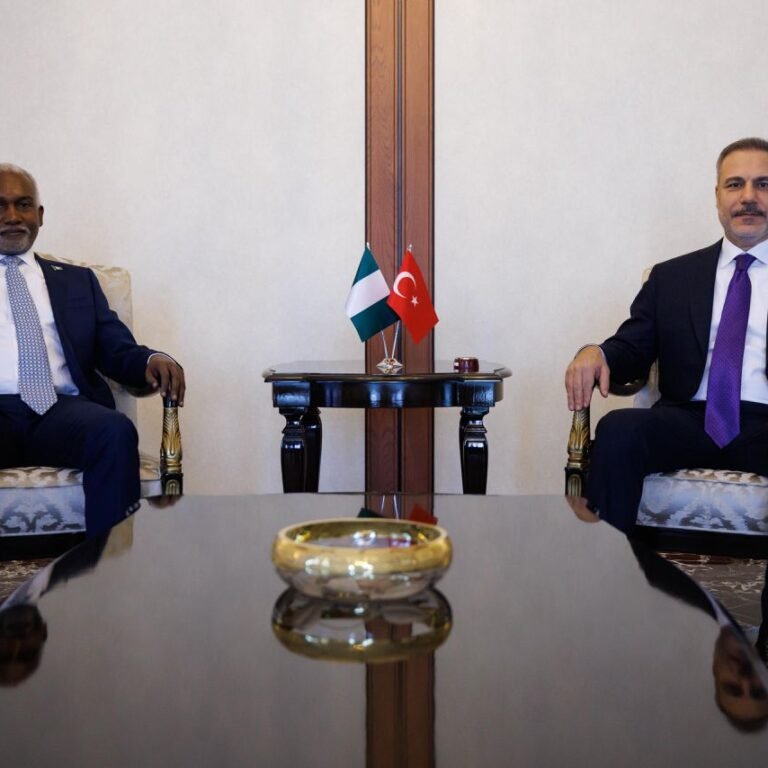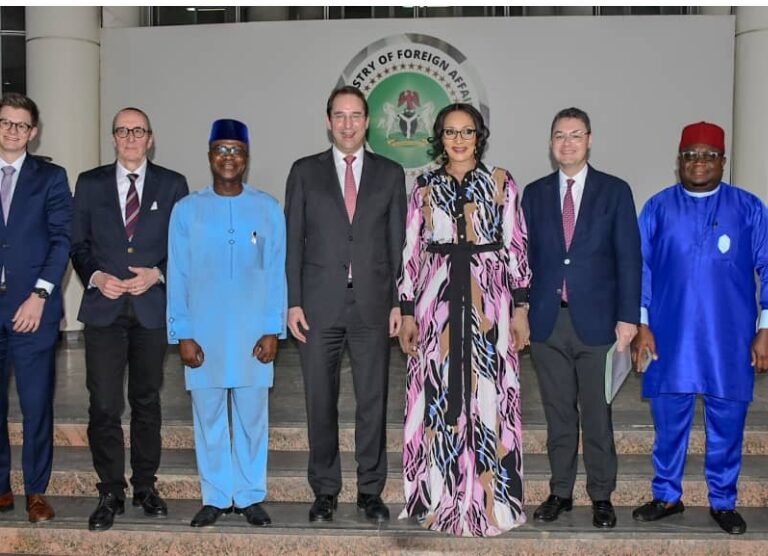
By Ameh Gabriel
The Minister of Foreign Affairs, Ambassador Yusuf Maitama Tuggar, has urged a recalibration of Nigeria’s foreign policy to meet the challenges and opportunities of a rapidly evolving global order.
Delivering a guest lecture titled “Navigating Realities: Aligning Nigeria’s Foreign Policy Practice with Emerging Global Dynamics” at the Nigerian Institute of International Affairs (NIIA), Lagos, Ambassador Tuggar said Nigeria must adapt its diplomatic strategy to remain influential and self-reliant on the world stage.
Addressing an audience of diplomats, scholars, and policymakers, he commended the NIIA for six decades of service as Nigeria’s intellectual compass in foreign affairs, shaping debates and guiding policy since independence.
The Minister recalled Nigeria’s historic contributions to global diplomacy, from its leadership role in the liberation struggles of Southern Africa including Zimbabwe, Namibia, Angola, Mozambique, and the fight against apartheid in South Africa to its peacekeeping missions in Liberia, Sierra Leone, Sudan, and The Gambia. He also underscored Nigeria’s central role in the establishment of ECOWAS in 1975.
On emerging global realities, Ambassador Tuggar noted that the world is transitioning into a multipolar order shaped by climate change, artificial intelligence, terrorism, migration pressures, and widening inequality. He drew lessons from Nigeria’s Cold War–era diplomacy, which emphasized non-alignment, the Concert of Medium Powers, and the Concentric Circles strategy to safeguard national independence amidst superpower rivalries.
Turning to economic policy, he cautioned against repeating the mistakes of over-reliance on raw material exports and externally imposed prescriptions, citing Africa’s experience with the Lagos Plan of Action and the Washington Consensus. Instead, he said, Nigeria must anchor its diplomacy on Strategic Autonomy, a core pillar of President Bola Ahmed Tinubu’s Renewed Hope Agenda, defined by the 4Ds of Foreign Policy: Democracy, Development, Demography, and Diaspora.
“Strategic Autonomy is not duplicity; it is pragmatism,” the Minister explained. “It reflects Nigeria’s size, resilience, and moral standing as we navigate today’s realities.”
He reaffirmed Africa’s central place in Nigeria’s diplomacy, pointing to the African Continental Free Trade Area (AfCFTA) as a springboard for economic integration, and regional security partnerships such as the Multinational Joint Task Force (MNJTF), ECOWAS, and the African Union as vital tools for cooperative security.
Ambassador Tuggar also highlighted Nigeria’s recent initiative the Regional Partnership for Democracy (RPD), developed with the United Nations Development Program (UNDP) to support West African countries in consolidating democratic institutions, strengthening inclusive governance, and fostering dialogue despite political disagreements.
He concluded by stressing that Nigeria is committed to building issue-based partnerships, advancing Africa’s interests, and upholding principles of justice, equity, and independence in global affairs.








